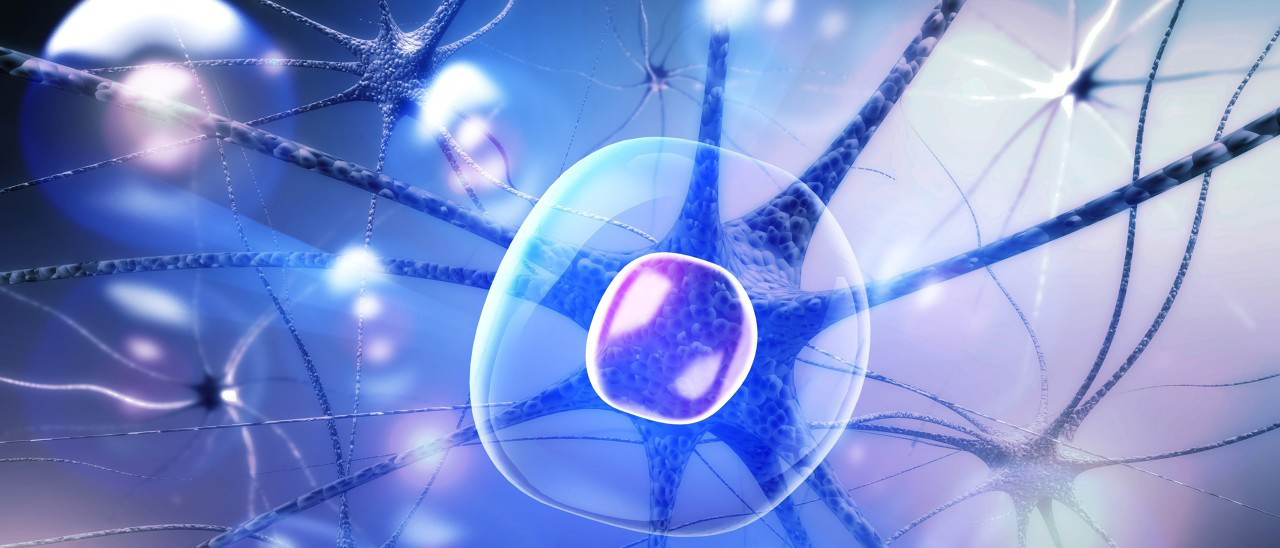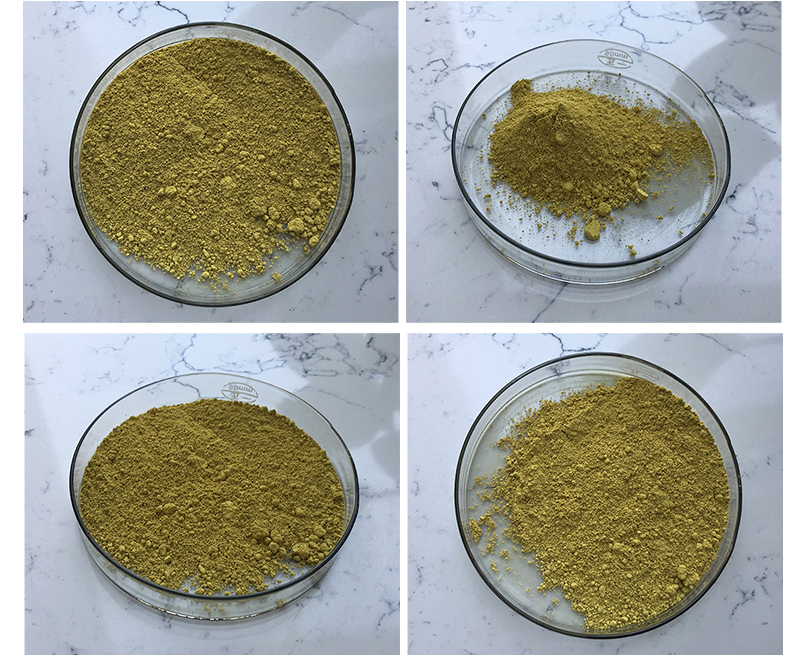Fisetin is a flavonoid found in various fruits and vegetables, such as strawberries, apples, grapes, onions, and cucumbers. It has been studied for its potential medicinal benefits due to its antioxidant, anti-inflammatory, and neuroprotective properties. Here’s a closer look at its potential applications in medicine:
1. Antioxidant Effects
Fisetin is a potent antioxidant, which means it helps neutralize free radicals that can cause oxidative stress and damage to cells. This can potentially protect against various diseases related to aging and oxidative damage, such as Alzheimer’s disease, heart disease, and cancer.
2. Neuroprotective Effects
Research suggests that fisetin may have a protective effect on the brain. It is believed to enhance cognitive function by reducing oxidative stress and inflammation in the brain. Some studies also suggest that fisetin could promote neurogenesis (the formation of new neurons) and may help protect against age-related cognitive decline and neurodegenerative diseases, such as Alzheimer’s and Parkinson’s.

3. Anti-Inflammatory Properties
Fisetin has been shown to modulate the body’s inflammatory response. Chronic inflammation is a key factor in many diseases, including cardiovascular disease, diabetes, and autoimmune disorders. By inhibiting inflammatory pathways, fisetin may help reduce the risk of these conditions.
4. Cancer Prevention
Some studies have suggested that fisetin may possess anti-cancer properties. It has been shown to inhibit the growth of cancer cells in vitro (in the lab) and reduce tumor growth in animal models. Fisetin appears to target multiple mechanisms involved in cancer, such as inflammation, oxidative stress, and apoptosis (programmed cell death), potentially making it a promising candidate for cancer prevention or adjunctive therapy.
5. Diabetes Management
Fisetin may help regulate blood sugar levels by improving insulin sensitivity and reducing inflammation, which are key factors in the development and progression of type 2 diabetes. Some studies have also indicated that fisetin can protect against complications related to diabetes, such as kidney damage.
6. Anti-Aging Effects
Due to its antioxidant and anti-inflammatory properties, fisetin has been researched for its potential role in slowing down the aging process. It might influence pathways related to aging and longevity, such as sirtuins (proteins involved in regulating cellular health), and may help protect cells from age-related damage.

7. Cardiovascular Health
Fisetin may also benefit heart health by improving endothelial function (the lining of blood vessels) and reducing oxidative stress, which are both important for maintaining healthy blood vessels and reducing the risk of cardiovascular diseases.
8. Potential Side Effects and Considerations
While fisetin appears to have many benefits, more research is needed, especially human clinical trials, to fully understand its effects and safety profile. Most studies have been conducted in animals or in vitro, and its long-term effects on humans are not yet well-established.
In summary, fisetin shows promise as a natural compound with various potential health benefits, particularly in the areas of brain health, inflammation reduction, cancer prevention, and anti-aging. However, more clinical studies are necessary to confirm its efficacy and safety for medical use.
